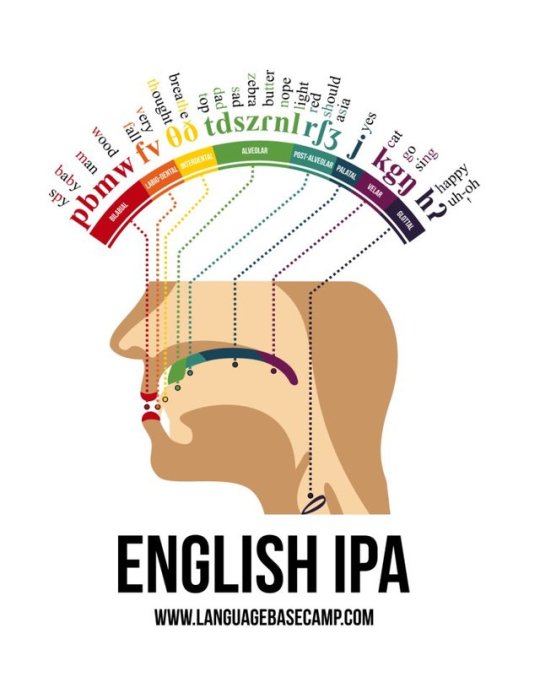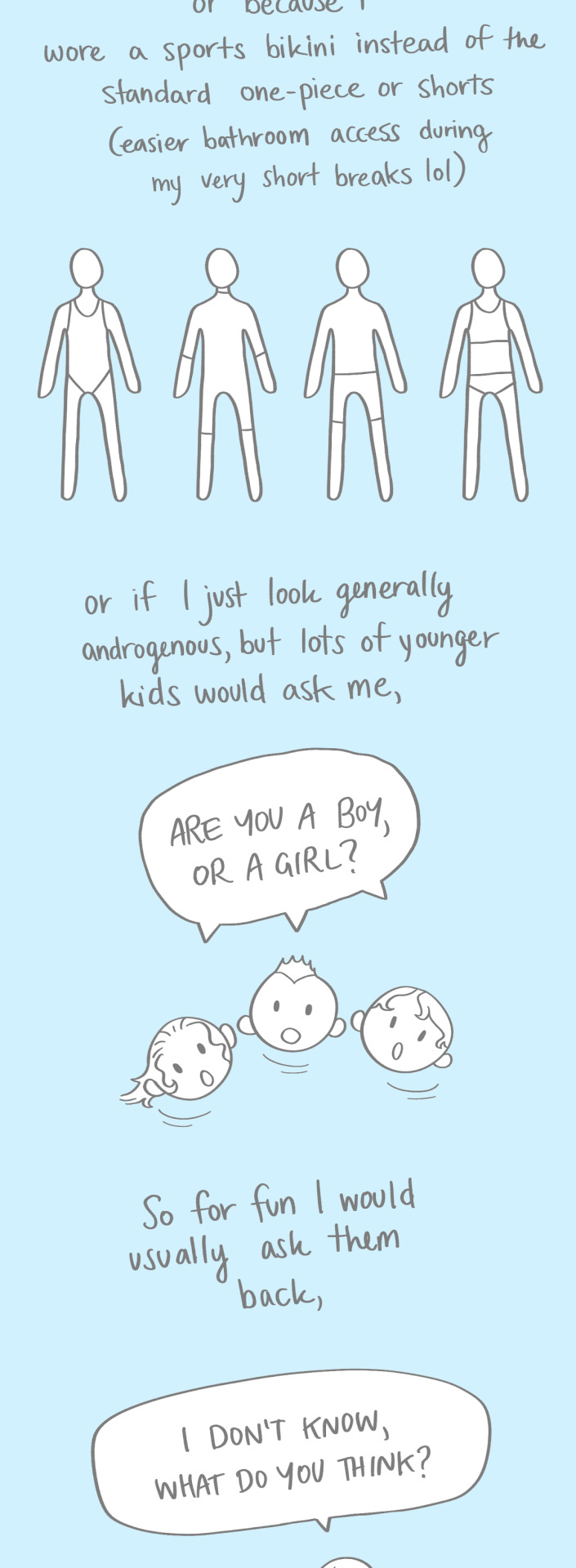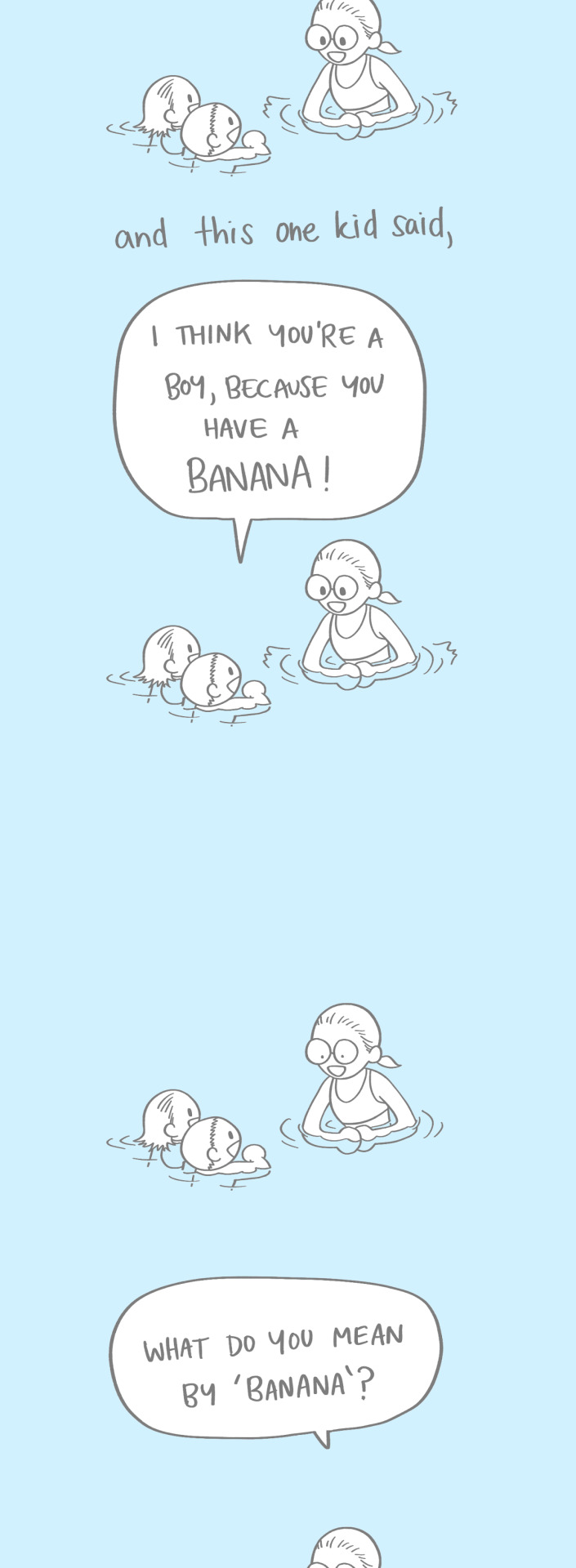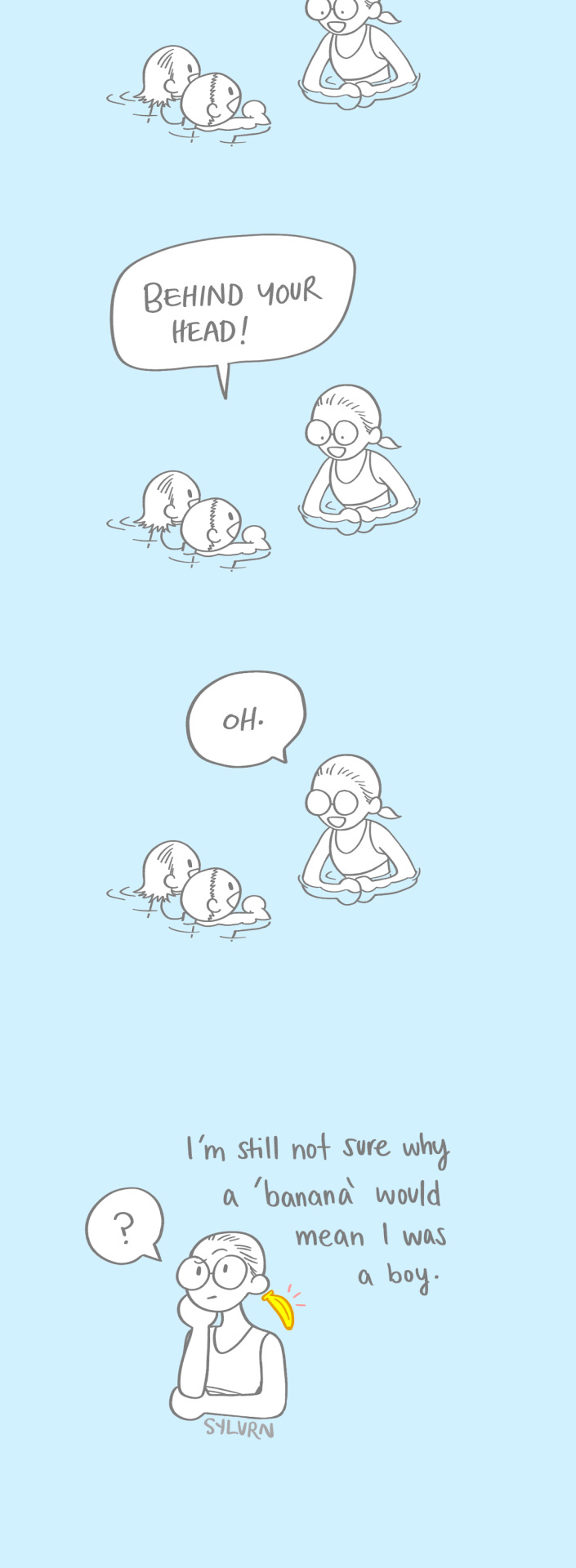Text
oh gods it was parents evening again tonight..
other parents: how did you do that?
Me:do what?
Other parents: your teenager is eating a salad..
Me:i never forced him eat, now he will pretty much eat anything…except chicken casserole which we both agree is gross
Other parents:we don’t get it.
Me: our only rules are bed at eleven on a school night and don’t hack any important government agencies.
Other parents: you don’t restrict screen time?
Me: you know 95% of kids will self regulate, given the chance?
Other parents: thats not true
Me: have you tried it?
other parents:…but, now he’s reading 1984
Me: he has had a university reading level since he was 12, what am i going to do censor his reading material?
other Parents: what if he reads something you don’t approve of..
Me: i fail to see your reasoning…
Me: you know he cooks too..it’s our mother/son time, we talk about his friends…
other Parents: he talks??
128K notes
·
View notes
Note
Parents today are:
TOO STRICT, and MORE so than previous generations
TOO STRICT, but LESS so than previous generations
TOO STRICT, and the same as previous generations
NOT STRICT ENOUGH, but MORE so than previous generations
NOT STRICT ENOUGH, and LESS so than previous generations
NOT STRICT ENOUGH, and the same as previous generations
JUST RIGHT, and MORE strict than previous generations
JUST RIGHT, and LESS strict than previous generations
JUST RIGHT, and the same as previous generations
Other/nuance (elaborate in tags)
I don't know/no opinion/see results
#Differently strict than our forebearers#About the same amount overall#But in regards to different things#The aim seems to be infantilizing kids#Instead of helping them build their judgment and skills#Can't let your 6th grader walk to the park a quarter mile down the road!!!#What do you mean you expect your 6th grader to be able to make themselves a PB&J on their own?!#Bullshit#Kids are capable of so much more than most parents will give them credit for nowadays
171 notes
·
View notes
Text
I wish age gap discourse hadn't spiraled the way it has because I want there to be a safe space to say "Men in their 40s who date 25 year olds aren't predators, they're just fucking losers"
128K notes
·
View notes
Text
I think there’s an argument to be made that protecting the children from relatively tame shadows of adults concepts actually makes things worse for them.
Like nothing is worse for me as an adult than the entirely unwarranted and unwanted sense of fear or scandalization from perfectly common stuff. And I don’t blame some wonderful TV show for using the word “fuck” or showing a nipple. My responses to those things are entirely constructed and cultural, and those shows are often doing me a kindness by giving me a context in which to safely re-examine them and my relationship to them.
And I just think actually there were a lot more opportunities to have a well adjusted outlook on life for the kids whose parents just told them what fuck meant.
14K notes
·
View notes
Text
(me, my parents, my sister, and the baby are sitting at the kitchen table eating lunch)
baby, pointing at the light fixture over the table and signing "on": o.*
my sister: we actually can't turn that light on right now, because the lightbulb inside is burnt out! it needs a new one.
baby: ighbu.
sister: yes, lightbulb! granddaddy said after we eat he's going to climb up there on a ladder and change it, and then the light will come on!
baby: gadada! adda, uuu! ighbu o!
sister: exactly!
baby, signing "on" and pointing at the light and then my dad, with increasing urgency: GADADA ADDA UUUU. O.
my sister: we're going to finish eating first though, ok?
baby: nonono. O. gadada adda uuu.
[a split second goes by]
baby, pointing to himself: ba. adda uuu. ighbu.
me: you're going to climb the ladder and change the lightbulb yourself?
baby: dzyeah. *pointing to the buckle where he is buckled into the high chair* ububu.
me: unbuckle you? so you can change the lightbulb?
baby, highly businesslike: dzyeah.
*pronounced like "on" without the n
143K notes
·
View notes
Text
Man, it can be so damn hard to walk the line between giving small kids autonomy and keeping them safe and healthy. Like, two year olds generally hate getting their car seat buckles on, but sometimes as a parent you have no responsible choice but to force the issue.
If it helps anyone else, here's how I've been framing this with my kids:
There are three types of decisions that need to be made: Happiness Decisions, Health Decisions, and Safety Decisions.
As a parent, one of the most important parts of my job is to teach the kids how to make these decisions, with full understanding of what they mean, by the time they're adults. This happens in stages.
A very tiny newborn baby doesn't get to make any decisions; everything they need has to be figured out and provided by their caregivers.
A few months later, they're old enough to be able to realize that some things make them happy and some do not, and they can start learning to make Happiness Decisions. Do you want the blueberry or the strawberry yoghurt? Do you want the green spoon or the red spoon? Will you play with the ball or the blocks? Do you want a kiss? Making these choices helps them learn that they can make choices that affect their lives. As a parent or caregiver, it's important to recognize and respect that they're learning these skills and support them.
But that doesn't mean a six month old infant is ready to call the shots on everything.
A couple years later is when I start discussing this framework explicitly, once they're old enough to call me out on the dichotomy between "it's your body and you get to choose" and "Yes, you do have to brush your teeth/go to bed/etc" or "No, you may not run off across the street without an adult".
Now I can talk to them about how I let them make their own Happiness Decisions, but I am still the boss when it comes to Health & Safety Decisions until they've learned how to make those decisions responsibly.
I tell them I will start by explaining every time I make a Health or Safety Decision on their behalf why I am making the decision I do and on what grounds. I give them a thorough explanation, for whatever level of thoroughness they're ready for (as determined by their responses during said explanation), how I decided what would be appropriate, and then tell them what will happen.
As they get older and understand more, I start giving them a share of the responsibility for their Health Decisions, with the goal of handing it off to them completely being explicitly stated, and eventually Safety Decisions as well.
Right now, my eldest is twelve. She gets to make many of her own medical decisions, including whether or not to refuse or discontinue care, because she has demonstrated understanding of the consequences of the decisions she wants to make. I mostly just supervise and consult as needed. She's not fully ready to make her own Safety Decisions as unilaterally, but we're actively discussing them.
Conversely, my youngest is four. She's at the stage where she's learning to distinguish and identify the three types of decisions, so she doesn't get control over those decisions but does get to learn about what they are and how they're made. I strive for her buy-in on those decisions, but ultimately she knows that it's not up to her quite yet... But it will be.
Parenting is a journey of planned obsolescence.
the pride discourse is absolutely rancid this year, i have seen with my own two eyes so far
we should up to age of consent to 21
16 year olds shouldn’t know what sex is
drag is inherently sexual and inappropriate for children
#parenting#neurospicy parenting#idk if this makes sense#But this is what I do#And it works for us#Maybe it will for you too
66K notes
·
View notes
Photo

The International Phonetic Alphabet consonants found in English, with keywords and relevant parts of the mouth highlighted and colour-coded. (Source.)
118K notes
·
View notes
Text
Totally agreed with all of the above.
As an only child myself, I have no models other than media for scaffolding respect for consent between siblings... And nearly all of the media models are negative (don't do it that way, got it).
I'm still out here, doing my best with three kids, and sometimes I fuck it up because I'm still human. But so far, helping the kids understand that they need one another's consent for things has been a huge help in both their own relationship skills and in building trust between all of the family members.
I see a lot of posts saying "teach boys about consent".
While that is true, a lot of parents will do that and fail to see how their own actions are the problem.
If you've spanked him, he's less likely to understand consent.
If you've forced him to sit on Santa's lap, he's less likely to understand consent.
If you've forced him to give hugs and kisses to family members, he's less likely to understand consent.
If you've grabbed him in order to force him to sit still, he's less likely to understand consent.
If you've labeled him as "too sensitive" for not wanting to be touched, he's less likely to understand consent.
If you've assumed he's okay with something because he technically allowed it even though he felt pressured, he's less likely to understand consent.
If you're only going to criticize his actions but not your own, it won't work.
62K notes
·
View notes
Text
78K notes
·
View notes
Text
AuDHD parent of AuDHD and adhd kids here to add my support to this. ❤️ Kids are just kids!
A lot clicked for me when my mom said the reason she was so reactive towards me as a kid was that she assumed intent behind things I did, rather than recognizing my behaviors for being normal kid behaviors or normal autism behaviors. So I got treated as if I was an adult who was intentionally doing things to upset her. She'd react to me like I had the maturity and wherewithal to do things in a cruel or manipulative way, making her life harder, when I was just existing. Just trying to learn how to cope and be a person myself. When she told me this I stopped in my tracks trying to process. Why would anyone's default assumption be that a kid is trying to antagonize them instead of like, struggling with something they're experiencing? But she was also raised the exact same way, treated like everything she did carried the weight of adult responsibility, not seen as a kid.
42K notes
·
View notes
Text
there should be a sex ed program called ‘are you fucking serious’
10K notes
·
View notes
Text

Alright people. I need your help. Enrollment for Skype a scientist this semester has been -fine- but we can do better. We have so many scientists who want to speak with classrooms! Will you tell a teacher you know about our program 🥺 please?
Send them to skypeascientist.com/sign-up
2K notes
·
View notes
Link
London-based student Lewis Hornby is a grandson on a mission. When he noticed that his dementia-afflicted grandmother was having trouble staying hydrated, he came up with Jelly Drops—bite-sized pods of edible water that look just like tasty treats.
Each of these colorful “candies” is made up of mostly water, with gelling agents and electrolytes making up just 10% of their composition. Available in a rainbow of colors and presented in packaging reminiscent of a box of chocolates, Jelly Drops are an easy and engaging way to avoid dehydration—a common problem for those suffering from degenerative neurological diseases.
“It is very easy for people with dementia to become dehydrated,” he explains. “Many no longer feel thirst, don’t know how to quench thirst, or don’t have the dexterity to drink.” With this in mind, Hornby set out to find a solution. In addition to seeking advice from psychologists and doctors, he opted to “experience” life with dementia himself through the use of virtual reality tools and a week in a care home.
Once he was familiar with what dementia patients need, he brainstormed what they want. “From my observations, people with dementia find eating much easier than drinking. Even still, it can be difficult to engage and encourage them to eat. I found the best way to overcome this is to offer them a treat! This format excites people with dementia, they instantly recognize it and know how to interact with it.”
Case in point? Hornby’s own grandmother’s reaction: “When first offered, grandma ate seven Jelly Drops in 10 minutes, the equivalent to a cup full of water—something that would usually take hours and require much more assistance.”
#Gotta try this for my kids#One in particular has so much trouble staying hydrated#And this would be brilliant
100K notes
·
View notes
Text
Everyone's seven year olds have crying tantrums when they can't get YouTube linear algebra videos to play on the TV, right? That's normal and expected?
0 notes
Text
...I found the “girl falls into middle earth” fic I wrote when I was 11






127K notes
·
View notes
Text
[ID: text: "I highly recommend cutting your children's sandwiches like this. The look of incredulity on my 10-year-old's face was priceless. And even if they're at school and you can't see it in person... You'll know."
Photo of two sandwiches cut asymmetrically. One is cut on the diagonal from lower left corner to upper right corner, and cut again from the midpoint of the top to the midpoint of the right side. The second one has three cuts: one diagonal from upper left to lower right, one horizontal from the midpoint of the right side to the aforementioned diagonal cut, and a final diagonal from the midpoint of the left side to the midpoint of the bottom.
End ID]
Oldest would be confused and incredulous, but would roll with it.
Middle would refuse to eat any sandwich not cut into prime numbers of pieces after seeing this.
Youngest would be confused but delighted. She'd spend a couple days demanding this exclusively, and then refuse to eat it ever again because she's four.

56K notes
·
View notes



